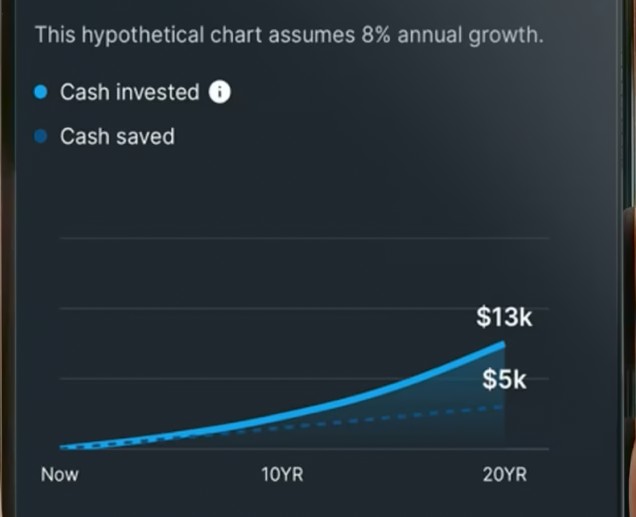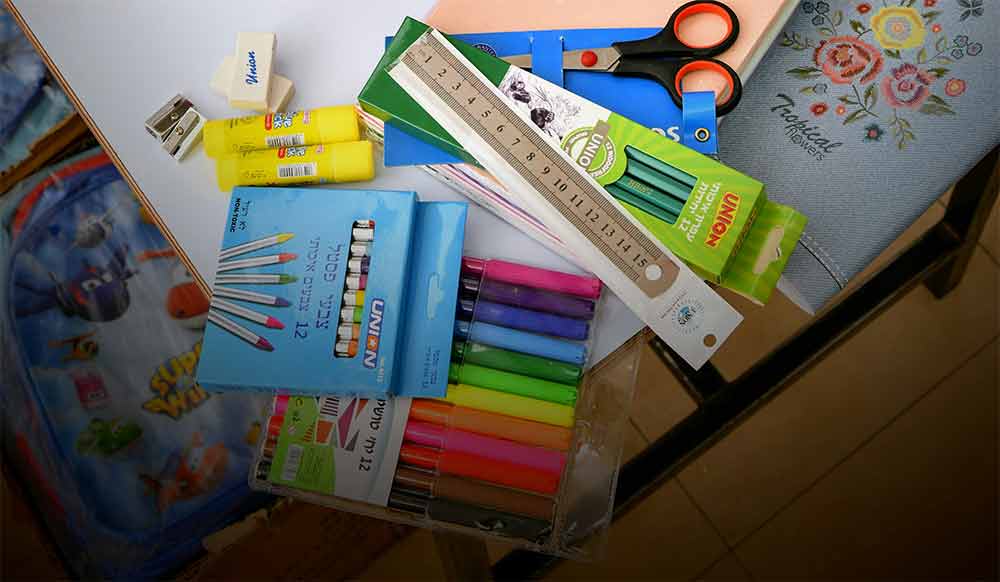Understanding the Importance of Money Management
As teenagers begin to experience financial independence through allowances, part-time jobs, or gift money, learning money management for teens becomes a life-changing skill. Mastering this early empowers teens to make wise financial decisions, avoid debt traps, and develop lifelong financial independence.
Financial literacy gives teens the knowledge to manage spending, save for future goals, and handle unexpected costs. With inflation rising and student debt looming for many, understanding how money works is more vital than ever. Teens who develop financial habits now are better equipped to handle adulthood challenges such as rent, student loans, or credit card bills.
Whether it’s watching a friend save up for their first car or struggling to pay back an impulsive online purchase, teens often encounter real-life financial lessons. Those who build good habits early—budgeting, planning, and saving—grow up to be financially responsible adults.
Setting Financial Goals
Goal-setting is the cornerstone of smart money management for teens. Clear goals motivate responsible spending and saving. Short-term goals could be saving $100 for a pair of sneakers, while long-term goals might include funding a college education or buying a used car.
Use the SMART method:
- Specific: “I want to save for a laptop.”
- Measurable: “I need $600.”
- Achievable: “I can save $50 a month.”
- Relevant: “This helps with my schoolwork.”
- Time-bound: “In 12 months.”
By planning your financial priorities, you’ll stay focused and gain confidence as you achieve each milestone.
Creating a Budget: Step-by-Step Guide
Here’s how teens can set up a simple and effective budget:
- Know Your Income: Include part-time job wages, allowance, and monetary gifts.
- Track Your Spending: Record every dollar spent on food, entertainment, or shopping. Use free apps like Mint or EveryDollar.
- Separate Needs from Wants: Prioritize spending on essentials before leisure.
- Set Limits: Create spending limits for each category (e.g., $40/month for eating out).
- Adjust Regularly: Update your budget monthly based on new expenses or income.
Budgeting tools like spreadsheets, notebooks, or mobile apps can help track progress and stay consistent.
Saving Strategies for Teens
Saving is the backbone of smart money management. Teens can try these strategies:
- 50/30/20 Rule: Allocate 50% to needs, 30% to wants, and 20% to savings.
- Open a Youth Savings Account: Many banks offer interest-bearing accounts for teens with no fees.
- Save First, Spend Later: Automatically transfer part of your income to savings before spending.
- Use Round-Up Apps: Tools like Acorns round up purchases and invest the change.
Example: If you earn $100 per month, putting away $20 may not seem like much—but that’s $240 a year, without lifting a finger.
Managing Expenses: Smart Spending Tips
Smart spending separates financially successful teens from impulsive ones. Start with these simple ideas:
- Compare Prices: Use apps like Honey or Google Shopping to find deals.
- Use Coupons & Student Discounts: Sites like UNiDAYS offer exclusive deals for teens.
- Plan Purchases: Avoid impulse buying by waiting 24 hours before big purchases.
- Avoid Peer Pressure Spending: Learn to say no to expensive trends or outings.
Knowing the difference between wants and needs builds maturity and financial independence.
Understanding Credit and Debt
Credit can be helpful or harmful. Teens should start learning about credit basics early to avoid costly mistakes later.
- Credit Cards: These are not “free money.” They must be paid back monthly to avoid interest.
- Credit Scores: A 3-digit number that impacts your ability to get loans or rent apartments.
- Build Credit Responsibly: Consider a student or secured credit card with parental guidance. Always pay on time and stay under 30% of the credit limit.
Poor credit decisions can follow you for years. Learning early avoids long-term financial stress.
The Importance of Emergency Funds
An emergency fund is your safety net. Life is unpredictable—a phone breaks, a pet gets sick, or you lose your part-time job. Having savings helps you navigate these moments without stress.
How to build one:
- Start with a goal: $100 to $500 is great for teens.
- Save weekly: Even $5/week adds up to $260/year.
- Use a separate account: Don’t mix it with your daily spending money.
Emergency funds mean peace of mind and financial security.
Making Money: Side Hustles for Teens
Earning your own money is empowering. Popular teen side hustles include:
- Babysitting: Earn $10–$15/hr.
- Dog Walking: $15+ per session, flexible schedule.
- Online Gigs: Sell art, tutoring, or freelance writing on Fiverr or Upwork.
- Lawn Care & Chores: Offer services to neighbors or family.
Working helps teens appreciate the value of money and improves time management, communication, and reliability.
Reviewing and Adjusting Your Budget Regularly
A good budget isn’t static—it grows with you. Each month:
- Review: Did you stay within your spending limits?
- Update: New expenses? Change in income?
- Reflect: What worked? What didn’t?
- Adjust: Move money between categories as needed.
A flexible budget keeps you in control and reduces stress.
Real-Life Success Story
Meet Ava, a 17-year-old from Ohio. She started budgeting at 15 when she got a weekend job. Using the 50/30/20 rule, she saved $2,000 in two years. With her savings, she bought a used laptop and paid for summer college prep classes—without asking her parents.
“I never thought budgeting could feel this freeing,” Ava shares. “I feel in control of my money, and I’m already planning for college.”
Helpful Resources
- MyMoney.gov – U.S. Government Financial Education
- Mint – Free Budgeting App
- Jump$tart Coalition for Financial Literacy
- BudgetWiseHub.com – Teen Budgeting Tips
Final Thoughts
Money management for teens is more than just math—it’s a mindset. By setting goals, creating a budget, saving diligently, and spending wisely, teens lay a strong foundation for lifelong financial success.
Start small. Stay consistent. Celebrate progress. And remember: being smart with money is one of the most powerful forms of freedom you can give yourself.












